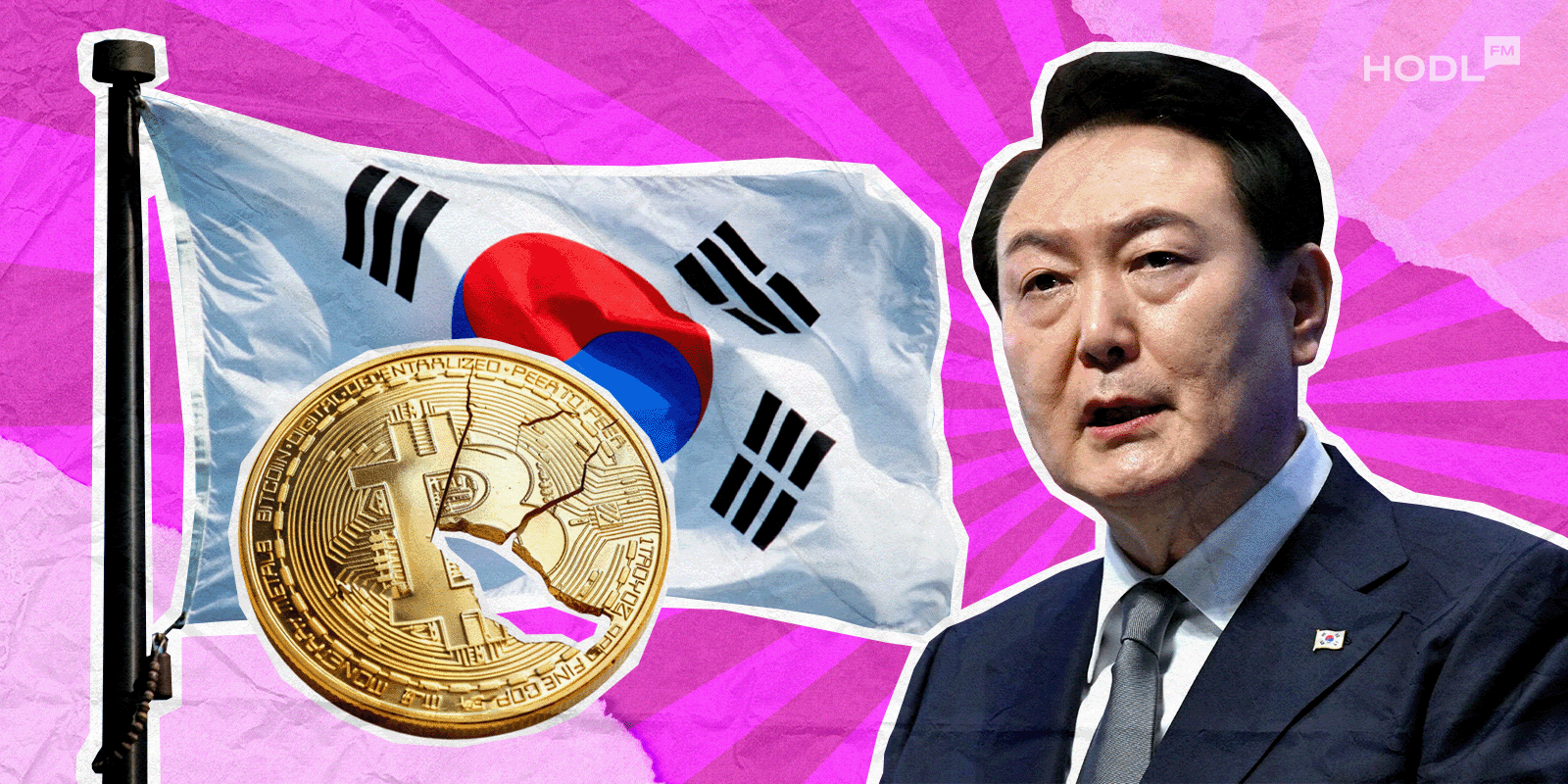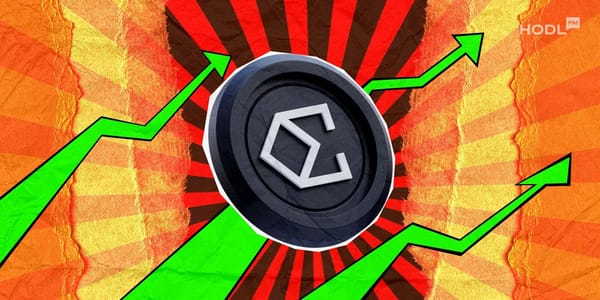To properly assess the situation in the South Korean government changes, you must clearly understand who is who. So, we've put together a quick timeline of events featuring the key players:
- Yoon Suk Yeol - Former president, ousted from office following impeachment on December 14, 2024.
- Han Duck-soo - Acting President that South Korea’s parliament impeached on 27 December
- Choi Sang-mok - The finance minister and deputy prime minister, now serving as the acting president.
Now that you are familiar with the cast, let us recall what happened in South Korea during this eventful December for the country.
The Beginning of Chaos in South Korea’s Government
On December 3, President Yoon’s declaration of martial law, canceled just six hours later, sparked outrage among citizens, the left-wing opposition, and even members of Yoon's own People Power Party. Parliament impeached Yoon on December 14 in response to his controversial decision.
The crisis has rocked financial markets and disrupted Seoul’s diplomatic efforts with key allies such as the U.S., all while the nation faces mounting economic challenges and the nuclear threat from North Korea.
The main opposition Democratic Party filed a motion to impeach Acting President Han Duck-soo on Thursday after he resisted immediate appointments of three Constitutional Court judges, a move that could have influenced the final decision on Yoon’s removal.
In an emergency public address, Han stated that he would refrain from approving the judges, asserting that the power to appoint rests with the president.
South Korea’s parliament responded by impeaching Han himself, further destabilizing an already precarious government. In his statement, Han expressed his intention to respect the National Assembly’s decision and step down from his duties.
Finance Minister Choi Sang-mok has stepped in to fill the role, vowing to minimize confusion within the government.
However, according to Shin Yul, a political science professor at Myongji University in Seoul, it would be nearly impossible for Choi to effectively manage the responsibilities of Finance Minister, Acting President, and Acting Prime Minister.
The political instability adds to the risks faced by South Korea’s economy, which is expected to grow at a slower pace next year. Local reports indicate that South Korean banks are running low on funds, and civil servants have begun delaying welfare benefits payments.
Bank of Korea funding shortage.
— Chae🩷 (@ChaeKtutor) December 27, 2024
South Korean banks are running out of funds and South Korean government employees are starting to fall behind on their allowance payments. https://t.co/aH9h0kAk8j
The South Korean won fell 0.6% against the US dollar after the vote. What will this mean for the developing crypto market in Korea?
Challenges for South Korea’s Crypto Market
South Korea is home to one of the largest and most dynamic cryptocurrency markets worldwide. In the first quarter of this year, the South Korean won surpassed the U.S. dollar as the most traded fiat for crypto transactions.
The declaration of martial law on December 3 caused a sharp drop in cryptocurrency prices on local exchanges like Upbit and Bithumb, along with system disruptions due to traffic surges. While prices have since recovered, analysts predict long-lasting effects on the market.
Seunghwa Lee, head of DeSpread Research, stated:
Given the significant influence of South Korean investors, political events that negatively impact investor sentiment can have a strong effect on global markets.
Political instability may deter foreign investors and reduce capital inflows into domestic crypto projects. Additionally, the crisis and accompanying economic challenges could lead to decreased investment in the development of exchanges and blockchain technologies, potentially undermining South Korea's position as an industry leader.
The consequences will largely depend on how swiftly the new acting president can stabilize the political situation and restore trust in the financial system.

Disclaimer: All materials on this site are for informational purposes only. None of the material should be interpreted as investment advice. Please note that despite the nature of much of the material created and hosted on this website, HODL FM is not a financial reference resource and the opinions of authors and other contributors are their own and should not be taken as financial advice. If you require advice of this sort, HODL FM strongly recommends contacting a qualified industry professional.




